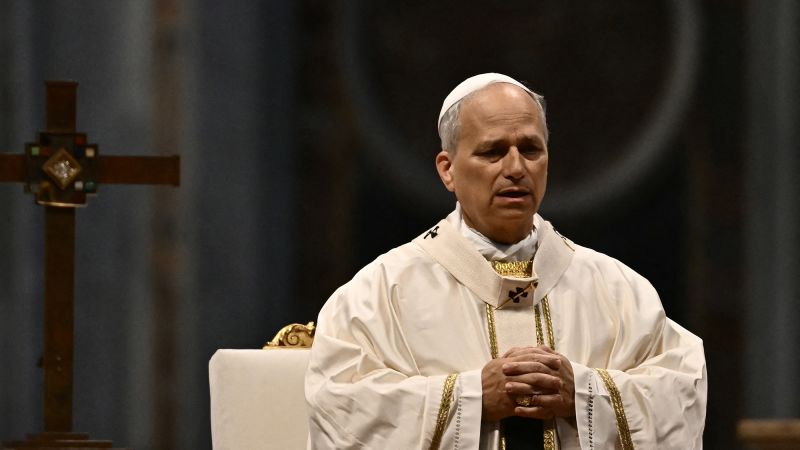Pope Leo XIV has declared that the Catholic Church must foster a culture of zero tolerance for abuse in all its forms, extending his gratitude to Peruvian journalist Paola Ugaz for her courageous reporting on abuse allegations within a prominent Catholic organization. This statement marked his first public comments regarding the church’s abuse scandals since his papal election on May 8.
In a message delivered during a theatrical performance highlighting Ugaz’s investigative work, Leo emphasized the necessity of embedding a prevention culture throughout the Church. “It is urgent to ingrain throughout the Church a culture of prevention that does not tolerate any form of abuse — neither of power or authority, nor of conscience or spirituality, nor sexual,” he stated on June 20. The pope urged that this culture be genuinely enacted through diligent vigilance, transparent processes, and empathetic listening to those who have been harmed.
He extolled the role of journalism in cultivating this culture of prevention and commended Ugaz and her fellow Peruvian reporters for their investigations into abuses linked to the Sodalitium Christianae Vitae (SCV), an influential Catholic society with significant connections to Peru’s elite. Leo, who immersed himself in missionary work in Peru, confronted the SCV allegations directly and played a crucial role in advocating for victim action against the now-disbanded group.
“Following a concrete path of humility, truth, and reparation is vital for the Church in addressing abuse,” he noted, referencing a landmark 2018 letter by Pope Francis, which affirmed the Church’s commitment to protecting minors and vulnerable individuals. Leo asserted that the Church’s response needs to be more than a mere strategy; it must involve a deep conversion as it continues grappling with the fallout from decades of sexual abuse revelations.
The pope’s endorsement of journalists is particularly notable given previous criticisms from some bishops towards media coverage of abuse scandals. Leo remarked that the journalists tackling the Sodalitium allegations did so with “courage, patience, and fidelity to the truth,” despite facing “unjust attacks.” He acknowledged the profound hurt experienced by many who sought solace within the Church but instead encountered betrayal and emphasized the significance of those who have risked their lives and reputations to ensure the truth was uncovered.
Pope Leo’s message was presented during a performance of “Proyecto Ugaz,” which dramatizes Ugaz’s tireless investigation. The message was read by Monsignor Jordi Bertomeu, a Vatican investigator, alongside Ugaz, who was present on stage.
The pope reaffirmed the indispensable role journalists play in safeguarding a Church where “no one suffers in silence” and where “the truth is not seen as a threat, but as a path to liberation.” He specifically praised Ugaz and her colleagues for their bravery in revealing abuses.
Addressing the heightened tensions in Peru after the ousting of President Pedro Castillo in 2022, Leo reinforced the importance of a free press in a nation where reporters face threats and violence. “In this time of profound institutional and social tensions, defending free and ethical journalism is not only an act of justice but a duty of all those who yearn for a solid and participatory democracy,” he asserted. “Wherever a journalist is silenced, the democratic soul of a country is weakened. Freedom of the press is an inalienable common good. Those who conscientiously exercise this vocation cannot see their voices silenced by petty interests or fear of the truth.”
Shortly after his election, the pope met with members of the press at the Vatican, where he reiterated his support for free journalism and advocated for the release of detained journalists. Ugaz, who attended that meeting, presented him with a box of chocolates and a scarf from Peru, beaming with a broad smile during their exchange. In his June 20 message, Leo underscored the “sacred mission” of journalists to serve as “bridges between the facts and the conscience of the people.”

